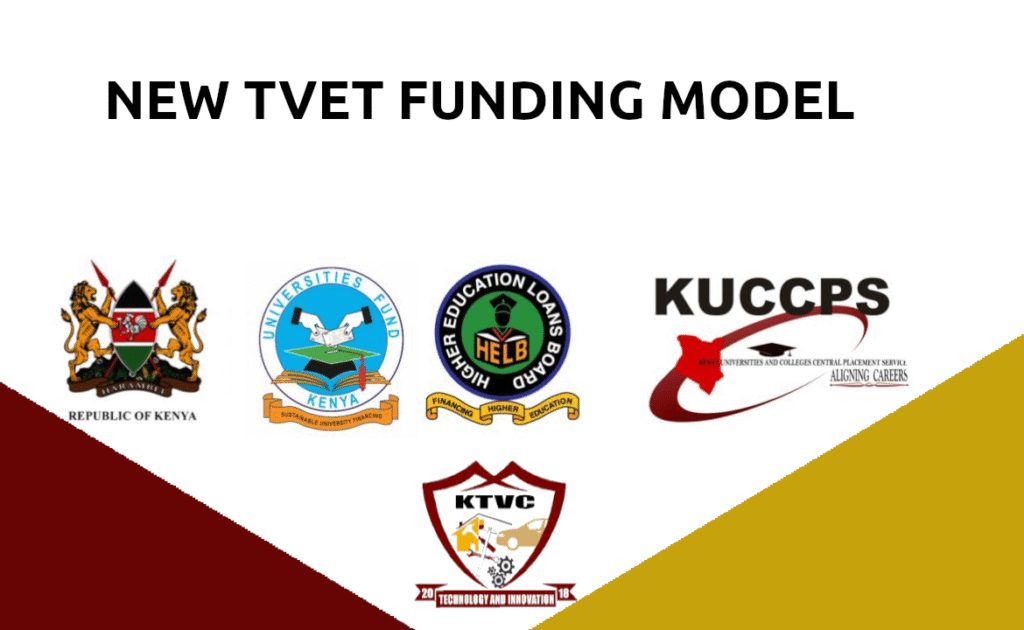📌 What Are Short Real Estate Courses?
Short real estate courses typically last between 3 months and 1 year , offering focused training on property transactions, land law, valuation basics, and sales techniques.
They are ideal for:
- High school graduates
- Career switchers
- Working professionals seeking part-time learning
- Aspiring agents and brokers

🎓 Where to Study Short Real Estate Courses in Kenya
Here are some of the best institutions offering accredited short-term real estate training :
| Institution | Location | Course Offered |
|---|---|---|
| Kenya Institute of Highways and Building Technology (KIHBT) | Nairobi | Certificate in Real Estate Practice |
| JKUAT TVET | Juja, | Basic Property Management Training |
| Mombasa Polytechnic University College | Mombasa | Introductory Land Economics & Real Estate |
| Technical University of Kenya (TUK) | Nairobi | Short Course in Real Estate Operations |
| Co-operative University (CU) | Ruaraka | Real Estate Basics and Sales Techniques |
| Private Training Centers | Nairobi / Online | Real estate fundamentals via REAK and KIEA |
📌 Many offer part-time evening classes or online modules for flexibility.

📝 Entry Requirements for Short Real Estate Courses
Most institutions require minimal academic qualifications—making them accessible to many learners:
| Requirement | Details |
|---|---|
| KCSE Mean Grade | Minimum grade ofD+ (Plus)or at least 5 passes at D level |
| Mathematics | At least aD Plainor credit in Technical Drawing preferred |
| English / Kiswahili | Pass in either subject |
| Age Limit | Some schools accept mature learners above 18 years |
📌 No prior experience is required—just a passion for property and people.
🧑🏫 What You’ll Study in a Short Real Estate Course
These programs provide practical knowledge that prepares you for immediate work in the field:
| Module | Key Topics Covered |
|---|---|
| Introduction to Real Estate | Market structure, role of real estate in the economy |
| Land Law Basics | Title deeds, ownership rights, lease agreements |
| Property Valuation Techniques | How to assess value for sale or mortgage |
| Rental and Leasing Practices | Tenant screening, rent collection, eviction procedures |
| Digital Tools in Real Estate | Use of CRM systems and online listing platforms |
| Sales & Marketing Fundamentals | Client negotiation, marketing strategies, customer service |
📌 Many programs now include digital tools like WhatsApp Business and Zameen Africa platform usage.
💼 Career Opportunities After Completion
Graduates of short real estate courses can pursue various roles across the sector:
| Job Role | Description |
|---|---|
| Real Estate Agent | Facilitates buying, selling, and renting of properties |
| Rental Officer | Manages tenant relations and rent collection |
| Property Assistant | Supports senior agents in viewings and documentation |
| Customer Service Executive | Handles inquiries and bookings in real estate agencies |
| Land Clerk | Assists in land records and title verification |
Employers include:
- Real estate agencies
- Developers
- SACCOs and housing cooperatives
- Banks involved in mortgages and financing

💰 Expected Salary After Graduation
Salaries vary depending on experience and employer:
| Experience Level | Monthly Salary Range (KES) |
|---|---|
| Entry-Level | 15,000 – 30,000 |
| Mid-Level | 30,000 – 60,000 |
| Supervisory Roles | 60,000 – 100,000+ |
📌 Those who later pursue diploma or bachelor’s degrees often see significant salary growth.
🧭 How to Apply for a Short Real Estate Course
Here’s how to get started:
Step 1: Choose Your Preferred Institution
Research each school’s fees, schedule, and location.
Step 2: Check Admission Requirements
Ensure you meet KCSE minimum grades or other qualifying criteria.
Step 3: Submit Application Online or In Person
Most institutions have application portals or physical enrollment offices.
Step 4: Pay Fees and Begin Classes
Some schools offer weekend or evening classes for working professionals.
📌 Tip: Look for institutions that partner with real estate firms for internship support.
🧠 Skills Gained from Short Real Estate Courses
By completing a short real estate course, you’ll develop essential skills such as:
| Skill | Application |
|---|---|
| Lease Agreements | Drafting and managing rental contracts |
| Land Law Basics | Understanding title deeds and ownership rights |
| Client Negotiation | Closing deals and handling buyer/seller interactions |
| Digital Tools | Using WhatsApp Business, Google Workspace, and basic CRM systems |
| Tenant Relations | Managing conflicts and communication |
These skills make certificate holders highly employable in both local and regional markets.
📈 Emerging Trends in Real Estate Careers
As technology and policy evolve, new opportunities are emerging:
| Trend | Career Impact |
|---|---|
| PropTech (Property Technology) | Digital listing platforms and remote property management |
| Affordable Housing Programs | Growth in estate officer and site manager roles |
| Crowdfunding Platforms | Advisory and investment analysis jobs |
| REITs (Real Estate Investment Trusts) | Income-generating property portfolio management |
| Smart Cities Development | New urban planning and management roles |
🎓 These trends make real estate management an increasingly tech-enabled and financially rewarding field.
Frequently Asked Questions (FAQs)
Q1: Can I study real estate without a background in mathematics?
A1: Most institutions require at least a D in Math, but technical drawing or science subjects may be accepted.
Q2: How long does it take to complete a short real estate course?
A2: Typically 6–12 months , though some private schools offer faster completion times.
Q3: Do I need to be licensed to work after completing a short course?
A3: While not mandatory, joining REAK or ISK networks enhances credibility and job prospects.
Q4: Are real estate jobs well-paying in Kenya?
A4: Yes—especially for those with experience, certifications, and entrepreneurial drive.
Q5: Where can I find job opportunities after completing a short real estate course?
A5: Top real estate agencies, SACCOs, government ministries, and online platforms like Zameen Africa regularly hire entry-level staff.
